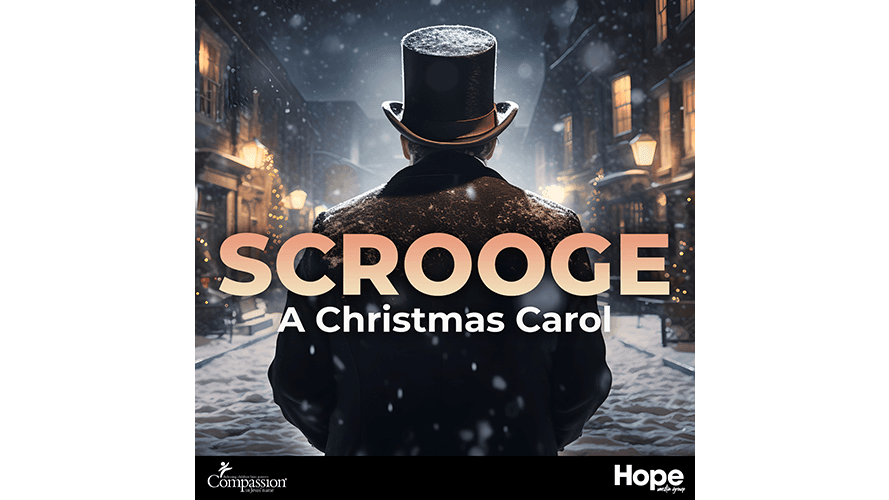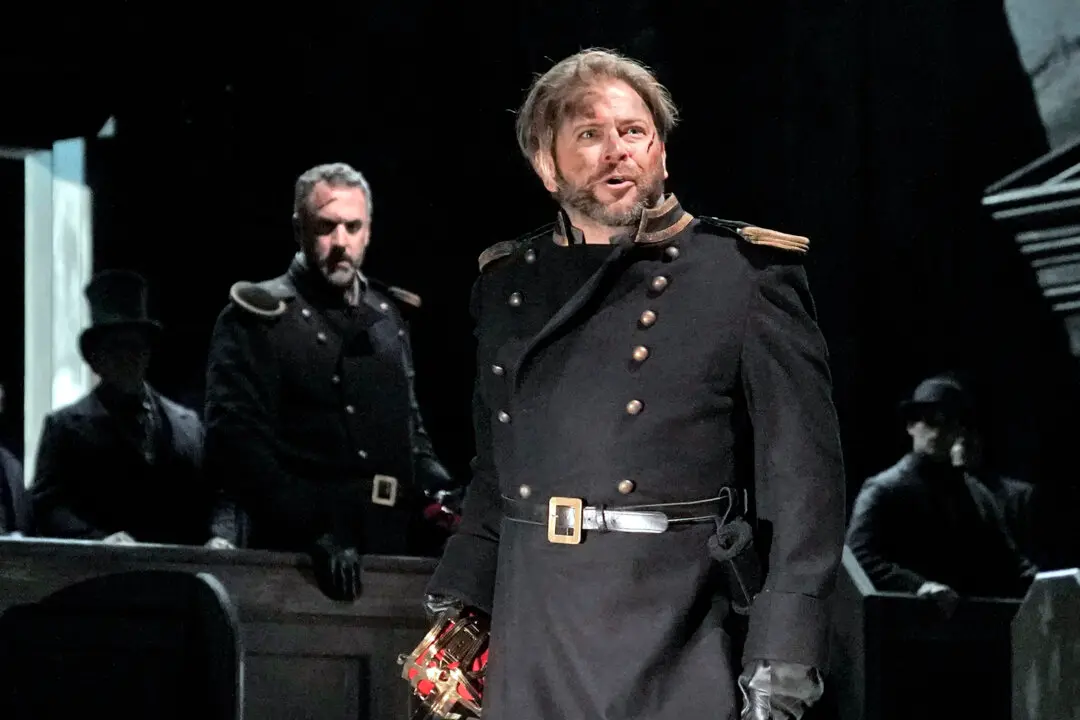“A Christmas Carol” is one of the quintessential stories about the Yuletide season. First published shortly before Christmas of 1843, this Charles Dickens novella is credited with popularizing the secular celebration of Christmas festivities in Victorian England.
Dickens’s story has been told and retold countless times onstage, on the airwaves, on screen, and in print. Unfortunately, the classic tale has been replaced by more frivolous holiday entertainment. Perhaps a new take on the holiday ghost story is needed today.






